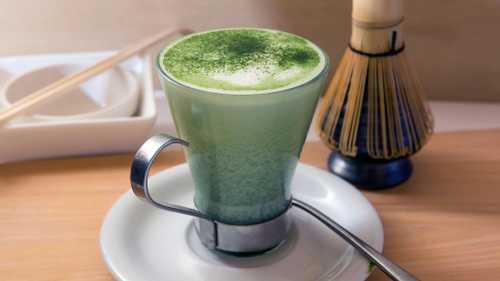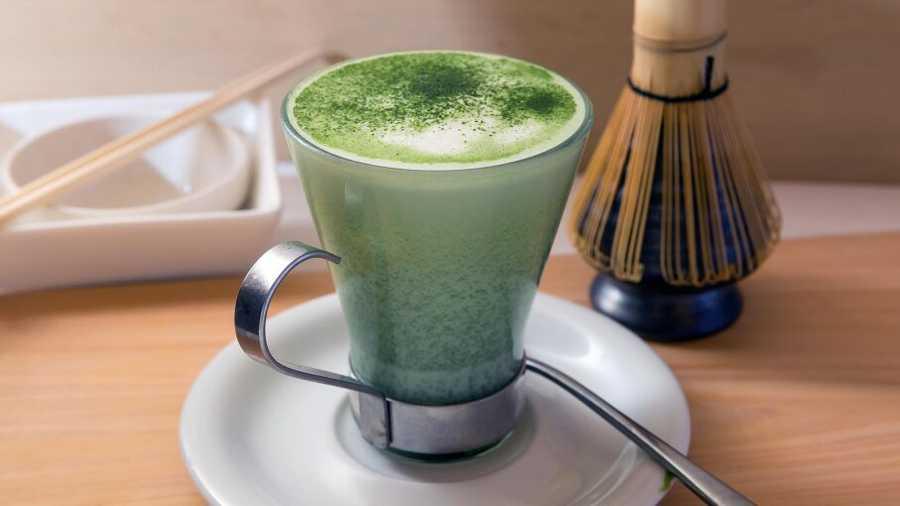How Matcha Went From Ancient Ceremonial Tea to Health Drink Du Jour
Curated from: recipes.howstuffworks.com
Ideas, facts & insights covering these topics:
3 ideas
·525 reads
1
Explore the World's Best Ideas
Join today and uncover 100+ curated journeys from 50+ topics. Unlock access to our mobile app with extensive features.
Matcha
More and more people are nowadays consuming matcha for both its herbal flavor and health benefits.
Matcha became known in the 11th century when Buddhist monks started using it in order to stay awake throughout the night. In America, it was actress Gwyneth Paltrow who advertised its miraculous effects. In regards to its origins, the tea comes from the camellia sinensis plant, cultivated for the first time in China. While the highest quality matcha, called ceremonial grade, was once reserved for royalty, everyday matcha, also known as culinary grade, is currently used for cooking.
37
204 reads
Matcha and its health benefits
Drinking matcha has plenty of benefits, according to the studies made on the topic:
- it provides beneficial antioxidants as well as polyphenols
- it has many active components that are good for your brain health
- it can reduce the risk of death from cardiovascular disease
- it cuts inflammation
- it slays viruses
- it can lower the risk of liver disease as well as the one of prostate cancer
- it reduces anxiety and improves focus
- it stimulates the memory
- it simulates and calms the nervous system at the same time.
47
133 reads
The taste of matcha
Everybody who has ever tried matcha will agree on the following: its taste is hard to define.
And this is precisely what makes matcha so special. It is said to feel as a mix of wine, while at the same time tasting a bit floral and bitter.
26
188 reads
IDEAS CURATED BY
Traveling can make you smarter, more creative and improve your problem-solving abilities.
Isabella Santos's ideas are part of this journey:
Learn more about food with this collection
How to challenge assumptions
How to generate new ideas
How to break out of traditional thinking patterns
Related collections
Similar ideas
3 ideas
Things You Should Know About Matcha
health.com
4 ideas
What You Need to Know About L-theanine
psychologytoday.com
5 ideas
Coffee ☕️ | The Nutrition Source
hsph.harvard.edu
Read & Learn
20x Faster
without
deepstash
with
deepstash
with
deepstash
Personalized microlearning
—
100+ Learning Journeys
—
Access to 200,000+ ideas
—
Access to the mobile app
—
Unlimited idea saving
—
—
Unlimited history
—
—
Unlimited listening to ideas
—
—
Downloading & offline access
—
—
Supercharge your mind with one idea per day
Enter your email and spend 1 minute every day to learn something new.
I agree to receive email updates

